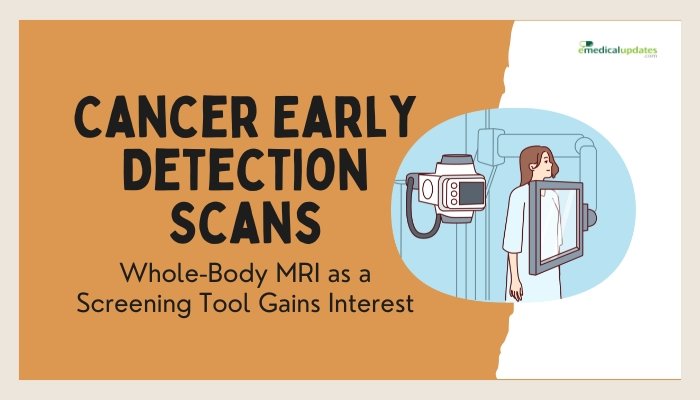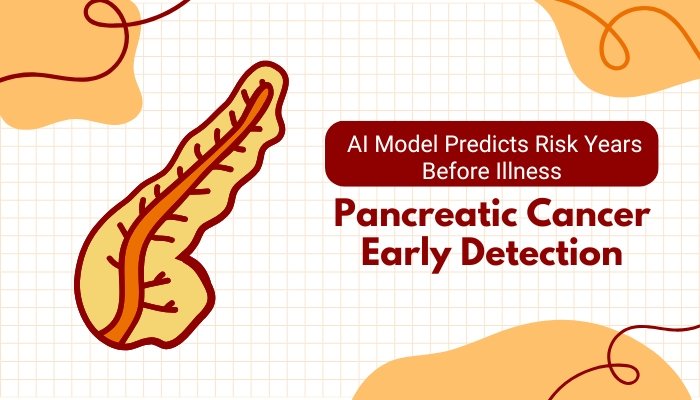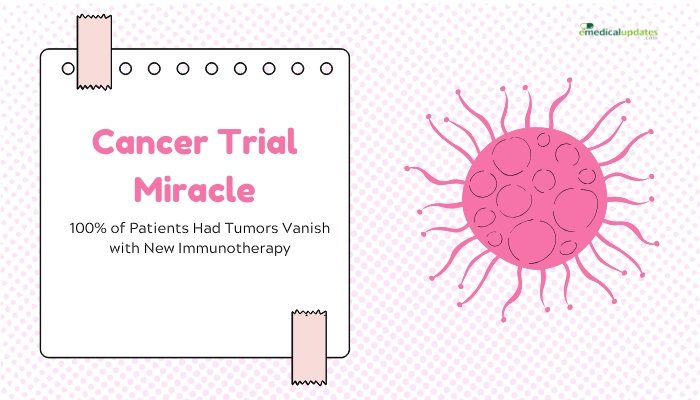Introduction
Modern oncology has evolved beyond one-size-fits-all treatments. Personal neoantigen vaccines represent one of the latest breakthroughs in cancer immunotherapy. By leveraging unique tumor markers—neoantigens—these vaccines prompt a highly specific immune response tailored to each patient’s malignancy.
Early clinical trials indicate improved tumor control and longer survival, especially when these custom vaccines combine with established immunotherapies. In this article, we delve into how personal neoantigen vaccines work, the evidence of their success, and what they mean for future cancer care.
The Rationale Behind Neoantigen Vaccines
What Are Neoantigens?
Neoantigens are novel protein fragments formed by tumor-specific mutations. They:
- Don’t Appear in Healthy Cells: Minimizing risk of autoimmunity.
- Highly Immunogenic: Immune system can better recognize them as “foreign” and mount a robust response.
Identifying neoantigens via tumor DNA sequencing, then designing a vaccine to target them, fosters a custom approach where T-cells are precisely directed against malignant cells.
Existing Immunotherapy Gaps
While checkpoint inhibitors (PD-1, CTLA-4) can unleash T-cells, many patients don’t respond if their T-cells don’t recognize tumor antigens. Neoantigen vaccines fill this gap by stimulating T-cells specifically for a patient’s unique mutations, potentially boosting outcomes for a broader range of tumors.
How Personal Neoantigen Vaccines Are Developed
Tumor Sequencing and Analysis
Manufacturers obtain a tumor biopsy and patient’s normal DNA to identify:
- Somatic Mutations: Genes mutated in tumor cells but not in normal cells.
- Candidate Neoantigens: Certain mutations produce abnormal peptides that can be recognized by T-cells.
- In Silico Prediction: Computer algorithms rank which peptides likely elicit a strong immune response.
Vaccine Formulation
Once the top neoantigens are chosen, companies create a vaccine—often using:
- mRNA Platforms: Encode the selected peptides, prompting the patient’s own cells to produce these antigens for immune presentation.
- Peptide Vaccines: Directly contain short mutated peptides plus an adjuvant to enhance immunogenicity.
- DNA/Vector Vaccines: Less common, but possible carriers for encoding peptides.
Delivery and Dosing
After finalizing design, the patient receives multiple doses, typically combined with immunotherapy agents like PD-1 inhibitors. This synergy fosters a robust T-cell assault on tumor cells presenting those neoantigen peptides.
Clinical Evidence and Ongoing Trials
Early Phase I/II Trials
Early trials in melanoma and other solid tumors report:
- Strong T-Cell Responses: Participants display expanded T-cell clones specific for neoantigens.
- Tumor Shrinkage: Some see partial or even complete responses, especially in combination with checkpoint blockade.
- Safety: Vaccines are generally well tolerated, with low-grade injection-site or flu-like reactions as common side effects.
Notable Success Stories
- mRNA Vaccines from Moderna or BioNTech tested in advanced melanoma have shown encouraging progression-free survival improvements when combined with checkpoint inhibitors.
- Peptide Vaccines from other research groups demonstrate persistent T-cell infiltration into tumors, correlating with disease control.
Next Steps
Large-scale Phase II/III trials are underway, exploring different cancer types (lung, breast, colorectal) and refining selection algorithms to pinpoint the best antigens. Real-world outcomes must confirm that targeted T-cell responses translate into overall survival benefits.
Potential Benefits and Challenges
Advantages
- Personalization: Each vaccine is custom-built for the patient’s tumor mutation profile, targeting only malignant cells.
- Reduced Off-Target Toxicities: Minimizes damage to healthy tissues, as neoantigens do not appear in normal cells.
- Combination Flexibility: Augment other immunotherapies, bridging non-responders to meaningful T-cell activation.
Limitations
- Time and Cost: Custom vaccine creation is resource-intensive, involving tumor sequencing and specialized manufacturing.
- Tumor Evolution: If the tumor acquires new mutations, previously targeted neoantigens might become less relevant.
- Heterogeneous Tumors: Different clones within a single tumor might harbor varying neoantigens, complicating coverage.
Integration with Standard Care
Synergy with Checkpoint Inhibitors
Neoantigen vaccines are frequently paired with PD-1/PD-L1 or CTLA-4 inhibitors. The checkpoint inhibitors remove immunosuppressive brakes, while the vaccine supplies the precise antigenic “ammo” to raise potent T-cells.
Future Treatment Paradigm
As data accumulate, certain tumor types or mutation profiles may become prime candidates for early vaccine use post-surgery or during minimal residual disease. Personalized cancer vaccines could shift from salvage therapy to an adjuvant approach, preventing recurrences.
Personalized Medicine Approach
Oncologists might standardize procedures:
- Tumor Sequencing: At diagnosis or after resection.
- Vaccine Designing: In parallel with standard chemo, radiation, or immunotherapy planning.
- Biomarker Monitoring: Tracking T-cell expansions or minimal residual disease over time.
Future Outlook
Refining Algorithms
Better predictive algorithms—factoring in HLA typing, T-cell repertoire, and tumor transcriptomics—will yield higher “hit rates” for immunogenic neoantigens, improving vaccine efficacy.
Manufacturing Advancements
Scaling these bespoke therapies demands streamlined, cost-effective production. Automation and robust quality control can expedite turnaround from biopsy to first injection, boosting feasibility.
Potential for Broad Application
While advanced or metastatic cancer is a starting point, success might trickle down to earlier-stage or high-risk settings. Some foresee prophylactic “cancer vaccines” for high-risk individuals, though that remains farther off.
Frequently Asked Questions
- Does a personal neoantigen vaccine cure cancer?
- Not necessarily. It can drive strong immune responses and sustain remission in some patients. Most see it as a potent therapy that improves survival when combined with other treatments.
- How do they differ from standard cancer vaccines?
- Conventional vaccines often target shared tumor antigens. Neoantigen vaccines are fully personalized, focusing on the unique mutated peptides in a patient’s tumor.
- What types of cancer can benefit?
- Trials span solid tumors like melanoma, lung, colorectal, and more. The concept is broadly applicable, but each tumor’s mutation load influences potential success.
- Is it widely available yet?
- These vaccines remain in clinical or limited early access programs. Widespread availability awaits further trial results and commercial scale-up.
- Can tumors evade these T-cells?
- Some tumors may lose neoantigen expression or develop new immunosuppressive pathways. Combination immunotherapies can help maintain efficacy.
Conclusion
Personal neoantigen vaccines represent a key frontier in individualized cancer immunotherapy, harnessing the power of each patient’s tumor-specific mutation profile to spur robust T-cell responses. Emerging clinical evidence suggests meaningful improvements in tumor control and survival—particularly alongside checkpoint inhibitors. While cost, manufacturing complexity, and evolving tumor biology remain challenges, ongoing trials and innovation promise to refine this approach, bringing a new era of truly personalized oncology. With each success, the prospect of harnessing a patient’s own immune system to defeat even advanced cancers becomes a more tangible reality.
References
-
- Sahin U, Türeci Ö. (2018). “Personalized vaccines for cancer immunotherapy.” Science.
-
- Ott PA, Hu Z, Keskin DB, et al. (2017). “An immunogenic personal neoantigen vaccine for patients with melanoma.” Nature.
-
- Moderna Clinical Trials. (2023). “Personalized mRNA cancer vaccine in advanced solid tumors.”
-
- Wu CJ, et al. (2019). “Neoantigen discovery and personalized immunotherapy in cancer.” Nature Reviews Cancer.







